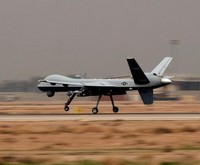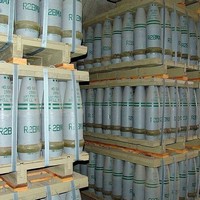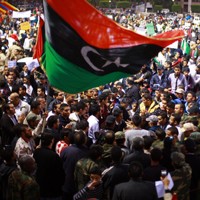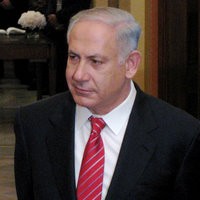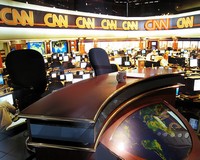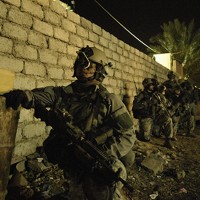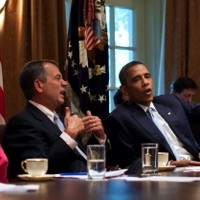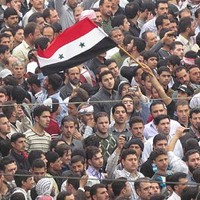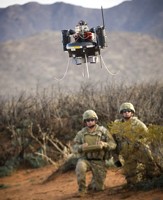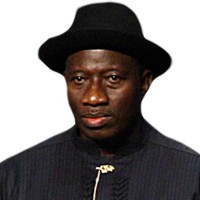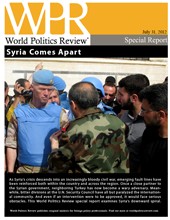
As Syria’s crisis descends into an increasingly bloody civil war, emerging fault lines have been reinforced both within the country and across the region. Once a close partner to the Syrian government, neighboring Turkey has now become a wary adversary. Meanwhile, bitter divisions at the U.N. Security Council have all but paralyzed the international community. And even if an intervention were to be approved, it would face serious obstacles. This World Politics Review special report examines Syria’s downward spiral. Below are links to each article in this special report, which subscribers can read in full. Not a subscriber?Try our subscription […]

